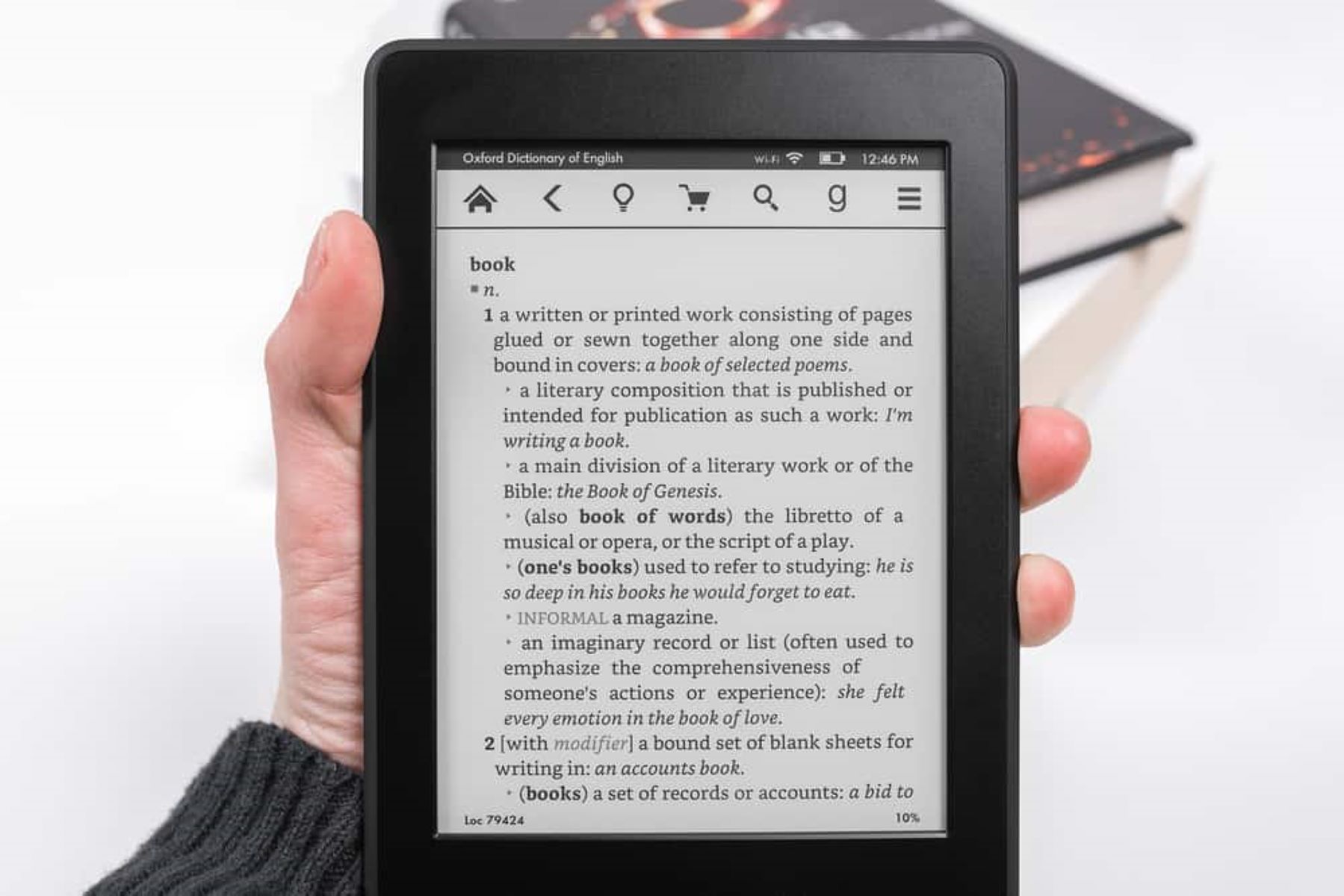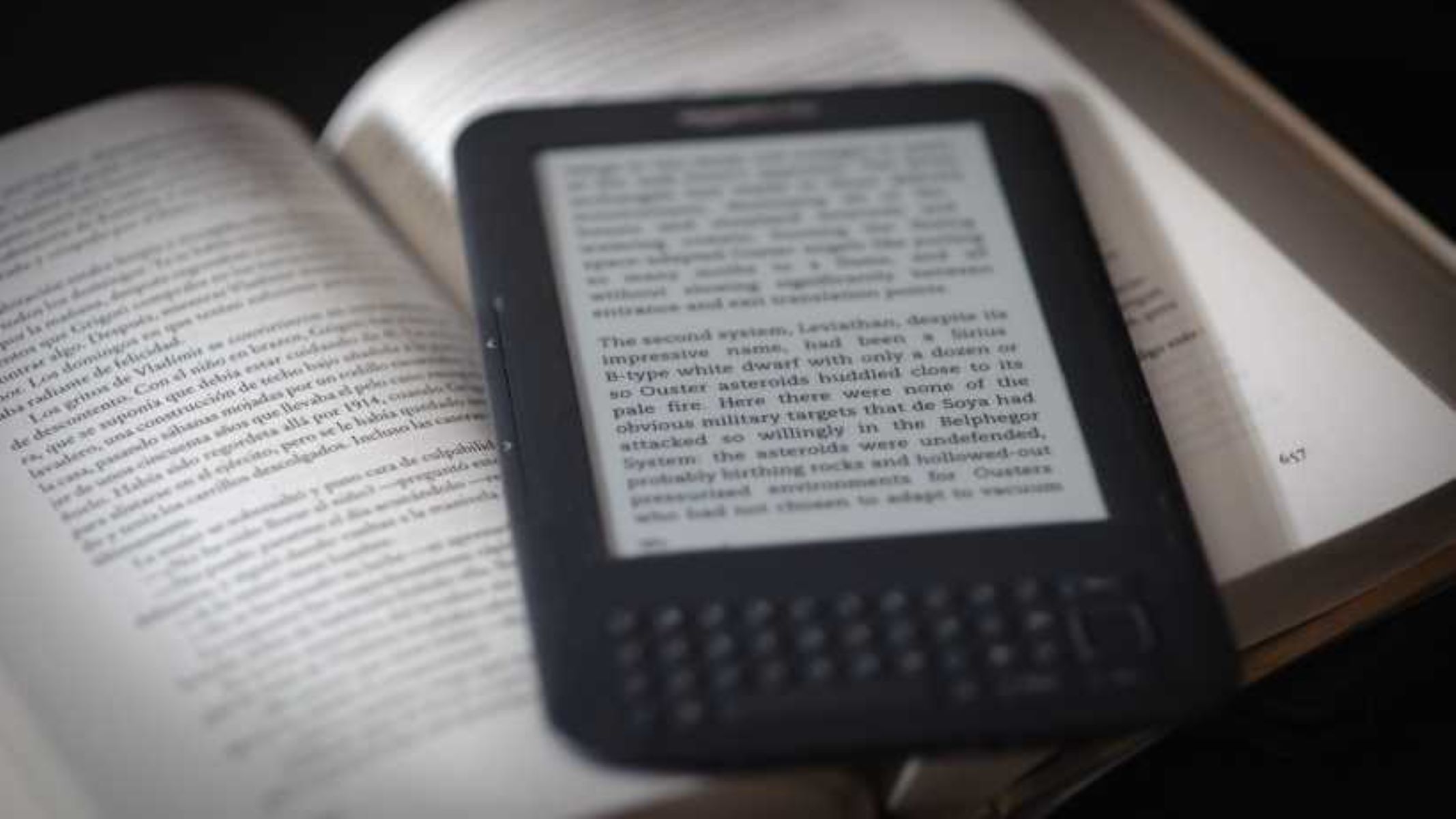A decade ago, education publishers faced a dilemma in choosing between paper books and eBooks. Publishers, who had designed and developed printed textbooks for years, suddenly confronted a technological invasion. They realized that embracing this digital revolution would benefit their business. Consequently, many online education publishers shifted toward eBooks. This decision has not only proved advantageous for them but also for students.
eBooks offer much more than physical books. When Amazon introduced Kindle, they might not have anticipated the impact their product would eventually have on the education industry. The purpose of eBooks in schools and universities is to enhance learning engagement and provide a more comfortable reading experience for users. Hence, these devices come equipped with numerous features and functions that printed books cannot provide.
Educational institutes have started incorporating eBooks into classrooms as part of the curriculum. Now, the question arises: should textbooks be entirely replaced by eBooks? Publishers often receive inquiries about the future of books in the digital age.
Benefits of eBooks
1. Portable
Ebooks make for a portable reading experience, unlike the cumbersome weight of physical books. With the abundance of eBook readers today, students can freely choose a device that suits their preferences. These devices are available in various sizes and weigh only a few grams, ensuring easy transportation. Moreover, eBooks can store thousands of titles, allowing students to carry their entire syllabus in one device. They can effortlessly categorize and organize topics systematically, creating a convenient and compact portable library.
2. Personalization
A print book has a fixed font size and style, leaving students with no control over its appearance. In contrast, an eBook allows customization of font style, letter size, background light, and brightness for personalized reading. This convenient feature enables students to read comfortably both indoors and outdoors. With eReaders equipped with anti-glare screens, reading even in sunlight becomes enjoyable. Additionally, an eye-protection mode allows for reading in the dark. These are features that physical books lack.
You don’t even have to buy an e-book, because there is a reading app. If you want to immerse yourself in online reading, it is easier for you to install a suitable application on your smartphone and you will always have any number of books at hand. If you’re looking for an app for novels, try Fiction Me. The application allows you to customize the text in any convenient way, play the text in audio mode, and offer a large library of novels.
3. Flexible
Students can enjoy the convenience of reading eBooks anytime and anywhere. They can easily carry eBooks with them and access the content during breaks or while traveling. In contrast, printed books occupy considerable space in their bags, and carrying multiple books everywhere is not a preference for students. eBooks offer a more convenient alternative.
4. Lower price
Ebooks, unlike physical books, are often regarded as affordable despite their extensive features. When it comes to print publishing, numerous cost factors such as paper expenses, format design, printing, packaging, and shipping are involved. With these expenses eliminated, ebooks become an economical choice for students and publishers alike.
5. Environment-friendly
You can make a positive impact on the environment by preventing the destruction of millions of trees each year. Opting for eBooks instead of printing paper books significantly reduces the carbon footprint. Despite using eBooks, having an instructor in class remains crucial. It enhances the learning process by creating an engaging educational environment and enables students to interact with their study materials beyond the classroom.
Will eBooks Replace Printed Books Completely?
E-books, valued for their shareability and accessibility, meet a significant demand, coexisting with printed books that maintain a unique status. The tangible experience of holding and turning pages sets printed books apart, offering a sensory connection absent in e-books.
Printed books provide cognitive benefits, serving as brain exercises and enhancing memory retention without the potential distractions of hyperlinks. Moreover, they contribute to better health by eliminating the need for extended screen time and preventing eye strain associated with electronic devices. Research from Harvard Medical School highlights the negative impact of light-emitting e-books on sleep and overall health.
Printed books also cater to individuals without technical proficiency or access to electronic devices. Despite the increasing popularity of e-books, the enduring love, affection, and trust in printed books suggest they won’t be supplanted. Ultimately, both formats coexist, each catering to distinct preferences and needs in the evolving landscape of reading habits.
Conclusion
Most likely, electronic and printed books will find their place in society and will coexist. Those who prefer flexibility and freedom will read e-books. Those who love the touch of paper and the smell of new books will continue to enjoy them. It’s more likely that reading enthusiasts will use both options. At home – paper books, on the road – electronic ones.

























